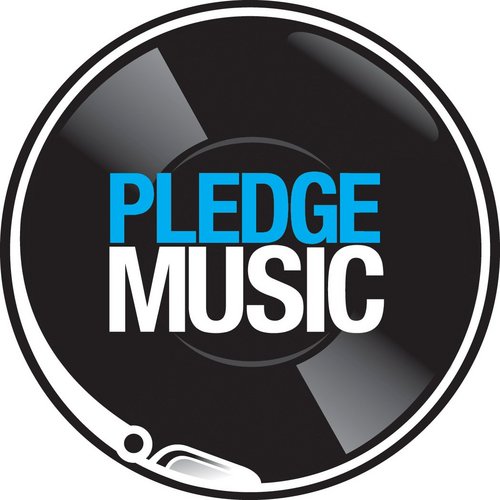
The Music Industry and Premium Content
I am currently doing an independent project on revenue generation in the music industry. I am looking at how content owners (artists, labels, etc.) are generating income from their assets and what technologies they are adopting in order to do this more efficiently. Within these parameters the project is shaping up to be somewhat of a monster! One trend that I have been monitoring is how content owners are beginning to reevaluate the life cycle of an album or single release by using websites such as PledgeMusic and Kickstarter.
It is clear that today’s music industry is not what it once was. Digital technology has drastically changed the way we consume music. We can download and stream millions of tracks all at a fraction of the cost of what we once spent. Now artists, labels, and managers are looking for strategies that will help them claw back incremental revenue from consumers who are in the habit of paying very little for their content. One way they are doing so is by reevaluating the life cycle of an album or single release.
A huge amount of money is being left on the table because current release strategies are neglecting to address the issue of providing fans with premium content at an earlier point in the lifetime of the musical project. However, some people are beginning to catch on. Crowd-funding websites (PledgeMusic et al.) enable content owners to increase the life span of any project by providing fans with premium content well before the artists even begin recording. These websites have completely redefined the traditional strategy of releasing an album—artists are now monetizing the creative process and selling it as premium content to fans.
[flickr id=”8598064614″ thumbnail=”medium” overlay=”true” size=”original” group=”” align=”none”]
Underpinning all of this is the fact that, in this new musical landscape, the decision-making process has shifted away from the higher-ups and been passed down to the creatives. More often than not it is the artists and managers who are making the big decisions, not some detached executive in an office. The number of strategies an artist can adopt has exploded, and technological innovation has accelerated so rapidly that even an amateur musician can distribute a quality recording from their bedroom.
So what is the impact on us, the consumer? Is selling content before the album has been released a good strategy, or should the artist invest their efforts in concentrating on the release?
I think the answer is both. Rights holders want to capture as much revenue as possible during the project life cycle, and, according to a Nielsen study, consumers are willing to pay for premium content. In fact, they have been for a long time… It’s just that everyone was too concerned with driving down the cost of music.
